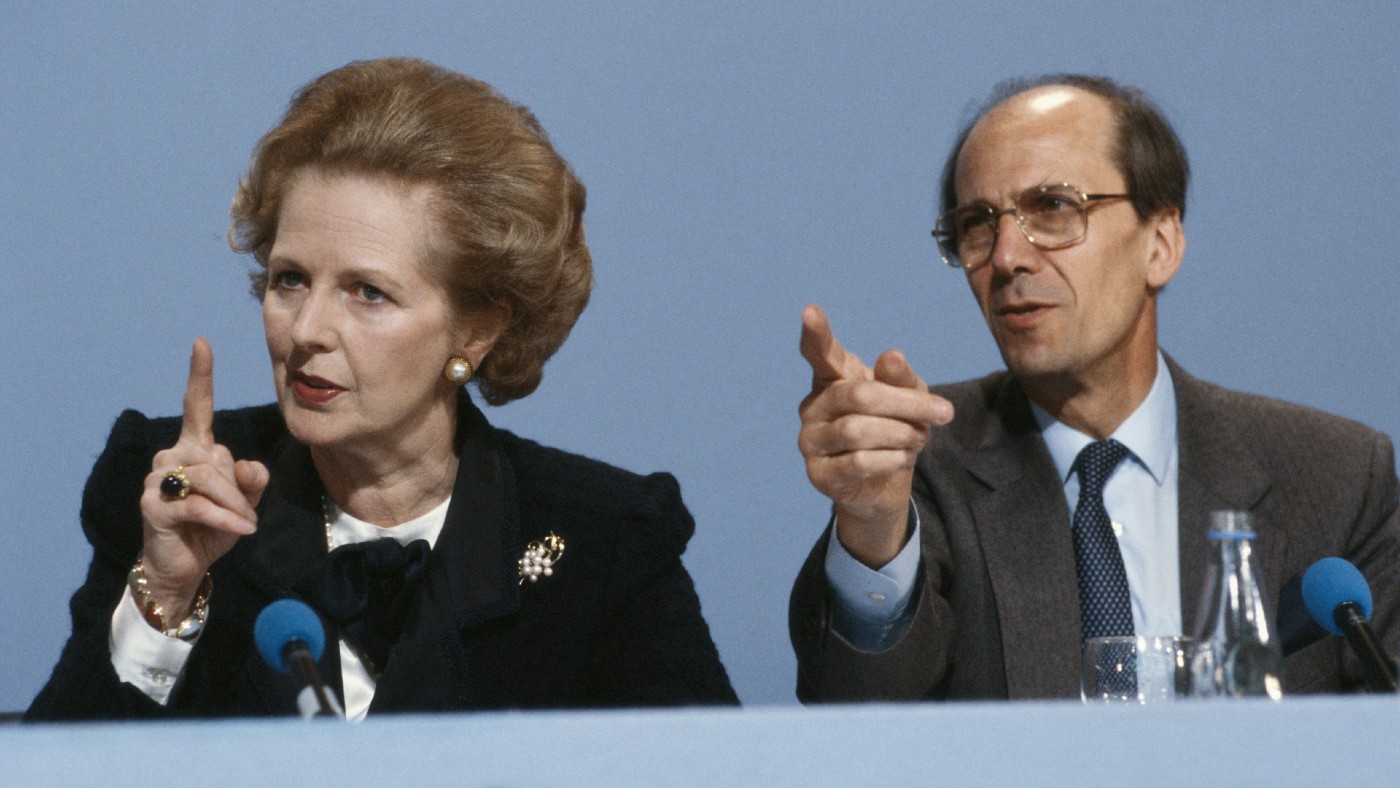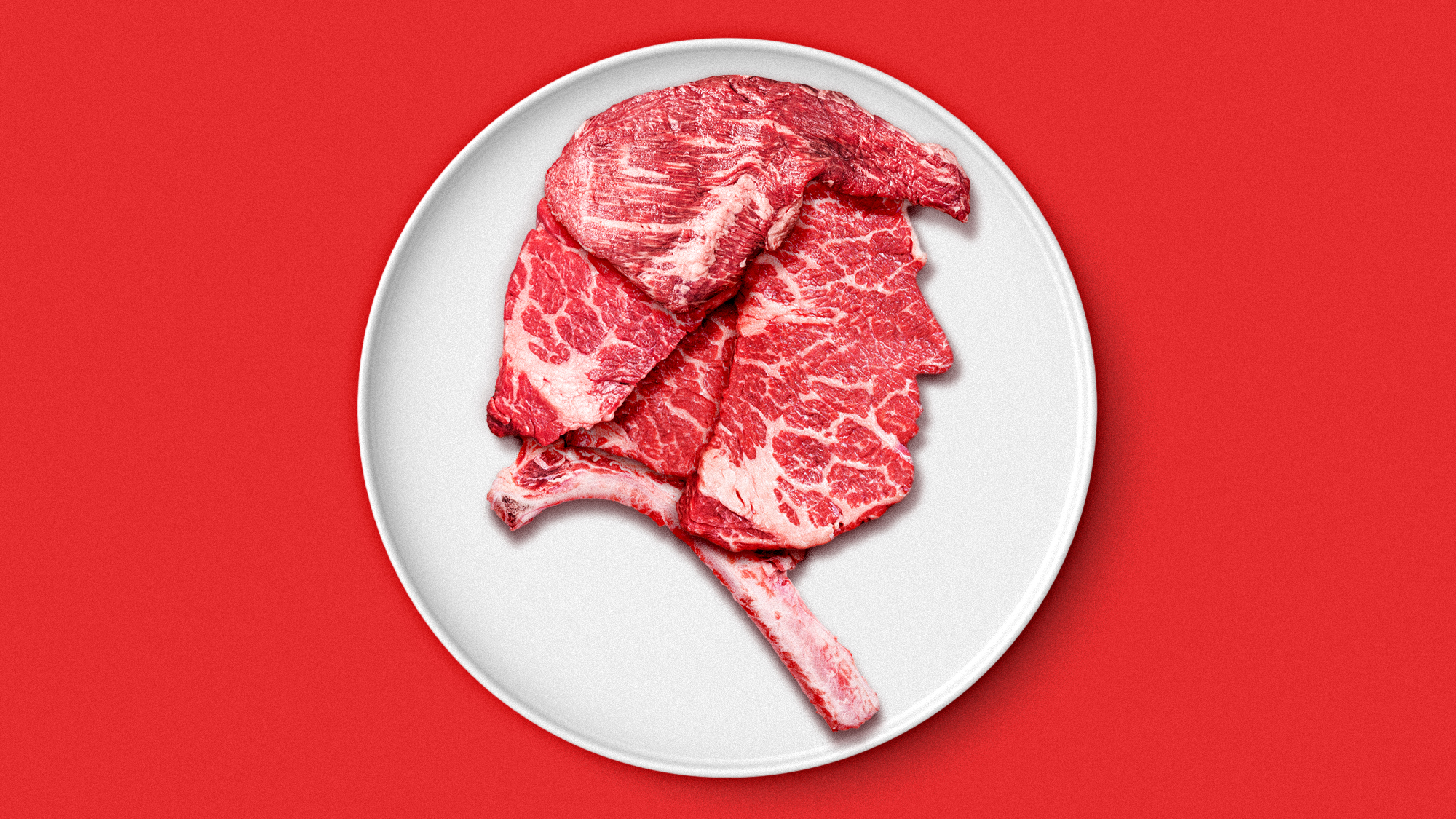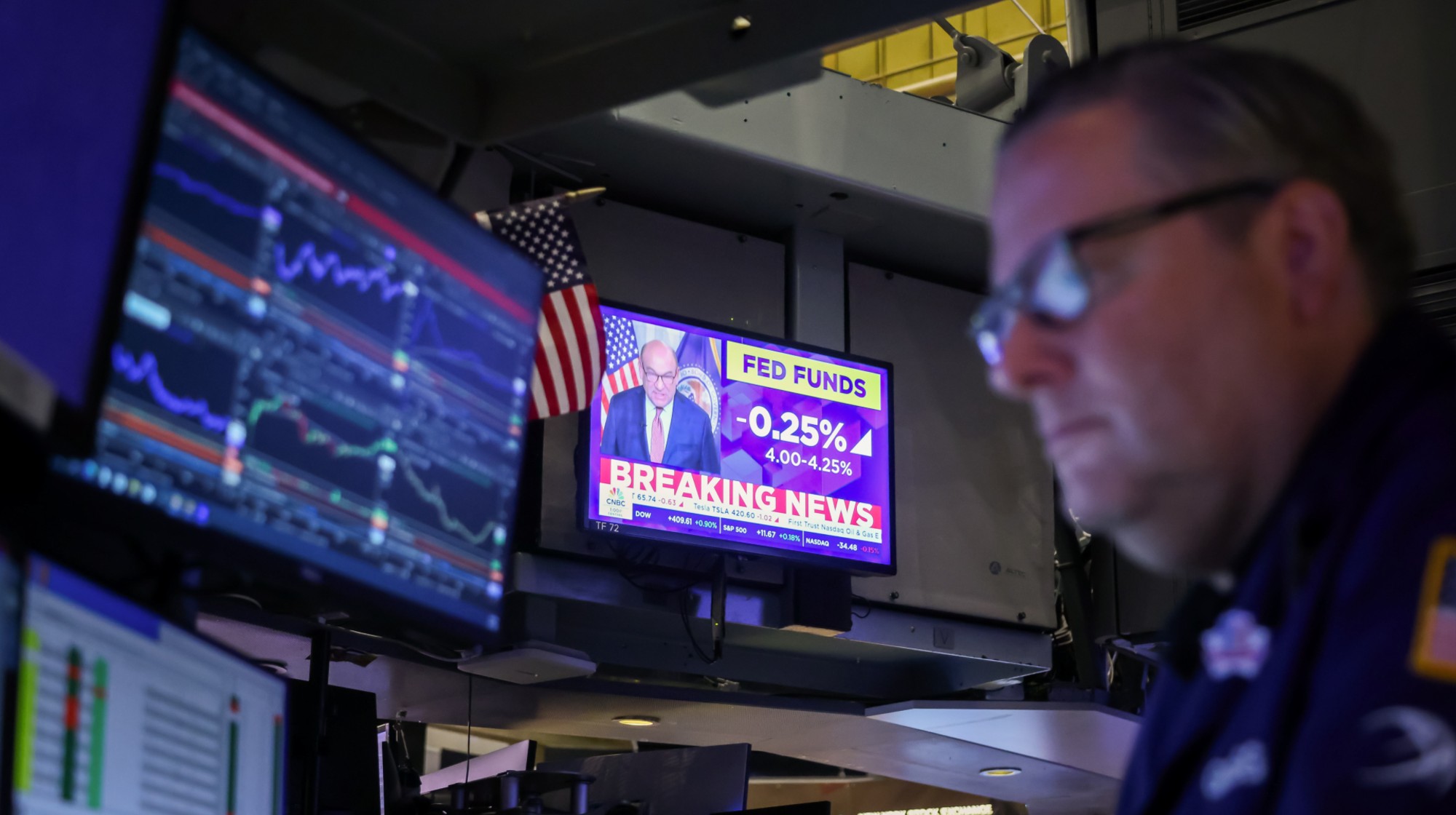How record-breaking inflation was tamed in the 1980s
Raising interest rates came at a cost as unemployment followed recession

A free daily email with the biggest news stories of the day – and the best features from TheWeek.com
You are now subscribed
Your newsletter sign-up was successful
Eyes are turning to the past for potential lessons in tackling the escalating cost-of-living crisis after UK inflation soared to a 40-year high of 9% in April.
The Office for National Statistics said the 54% increase in the energy price cap last month was the main reason for the jump in the consumer prices index from 7% in March.
With the Bank of England predicting that inflation could hit double figures by the end of the year, pundits are looking back to the economic crisis that began in the 1970s for clues about how the current crunch might play out.
The Week
Escape your echo chamber. Get the facts behind the news, plus analysis from multiple perspectives.

Sign up for The Week's Free Newsletters
From our morning news briefing to a weekly Good News Newsletter, get the best of The Week delivered directly to your inbox.
From our morning news briefing to a weekly Good News Newsletter, get the best of The Week delivered directly to your inbox.
What caused inflation to spike in the 1970s?
Prices begun to spiral upwards from the mid-1970s as inflation shot up by more than 20%. Then as now, the world was facing an energy crisis that drove up oil prices. As wages also rose, companies’ costs increased too, triggering regular price increases.
The subsequent period of so-called stagflation – when stagnant or slow economic growth is accompanied by high levels of inflation – “forever changed the way that financial officials think about keeping economies stable and in good health”, said The Times.
Until then, “it was assumed that periods of high inflation were not a problem”, the paper continued, and that “a growing economy meant businesses would hire more staff to expand, creating more supply to soak up higher demand for goods and services, therefore curbing price rises”.
But “stagflation in the 1970s caused a miserable situation for millions of families, with long periods of high unemployment”.
A free daily email with the biggest news stories of the day – and the best features from TheWeek.com
Following widespread industrial unrest that culminated in the Winter of Discontent, Margaret Thatcher was elected to power in 1979 promising to tackle rampant inflation and tame the power of the unions.
Just a few months later, her government raised interest rates to 17% and brought in tough public spending curbs. The steep hike harmed the manufacturing industry and exports but had the desired effect of reducing wage demands.
By the mid-1980s, inflation had fallen below 5%, “but it came at the cost of pushing unemployment even further to beyond four million”, said the Daily Mail. And the UK economy “spent the whole of 1980 and early 1981 in recession”.
Are there lessons to be learned?
The big difference between the 1970s and now, said Bloomberg UK, “is that the trade-off then was between inflation and unemployment, whereas today the problem is a cost-of-living squeeze as pay settlements fail to keep up with soaring prices”.
Two key structural changes “have happened in the UK economy since the 1980s”, wrote Karen Ward, chief market strategist for Europe at JPMorgan Asset Management, in an article for Financial Times.
The first is the de-unionisation of the labour market. Back in the 1970s, when headline inflation spiked, unions pushed for higher pay under the threat of strike action – leading to what Economics Help described as “a wage-inflationary spiral”.
But today, low union membership means pay rises are not keeping up with inflation.
The second structural change “relates to central bank independence and clear legislated inflation targets”, continued Ward in the FT. “Workers, it is said, will know that if they start asking for higher pay, inflation will rise further and then so will interest rates and mortgage payments. So companies won’t raise prices, and workers won’t ask for more pay. And, if they do, the BoE will act.”
But “while I appreciate the theory”, she added, it remains to be seen “how this will work in practice” and whether a wage-price spiral really can be prevented.
-
 Why is the Trump administration talking about ‘Western civilization’?
Why is the Trump administration talking about ‘Western civilization’?Talking Points Rubio says Europe, US bonded by religion and ancestry
-
 Quentin Deranque: a student’s death energizes the French far right
Quentin Deranque: a student’s death energizes the French far rightIN THE SPOTLIGHT Reactions to the violent killing of an ultraconservative activist offer a glimpse at the culture wars roiling France ahead of next year’s elections
-
 Secured vs. unsecured loans: how do they differ and which is better?
Secured vs. unsecured loans: how do they differ and which is better?the explainer They are distinguished by the level of risk and the inclusion of collateral
-
 Will Trump’s 10% credit card rate limit actually help consumers?
Will Trump’s 10% credit card rate limit actually help consumers?Today's Big Question Banks say they would pull back on credit
-
 What will the US economy look like in 2026?
What will the US economy look like in 2026?Today’s Big Question Wall Street is bullish, but uncertain
-
 Is $140,000 the real poverty line?
Is $140,000 the real poverty line?Feature Financial hardship is wearing Americans down, and the break-even point for many families keeps rising
-
 Fast food is no longer affordable for low-income Americans
Fast food is no longer affordable for low-income AmericansThe explainer Cheap meals are getting farther out of reach
-
 Why has America’s economy gone K-shaped?
Why has America’s economy gone K-shaped?Today's Big Question The rich are doing well. Everybody else is scrimping.
-
 From candy to costumes, inflation is spooking consumers on Halloween this year
From candy to costumes, inflation is spooking consumers on Halloween this yearIn the Spotlight Both candy and costumes have jumped significantly in price
-
 Why are beef prices rising? And how is politics involved?
Why are beef prices rising? And how is politics involved?Today's Big Question Drought, tariffs and consumer demand all play a role
-
 Fed cuts interest rates a quarter point
Fed cuts interest rates a quarter pointSpeed Read ‘The cut suggests a broader shift toward concern about cracks forming in the job market’